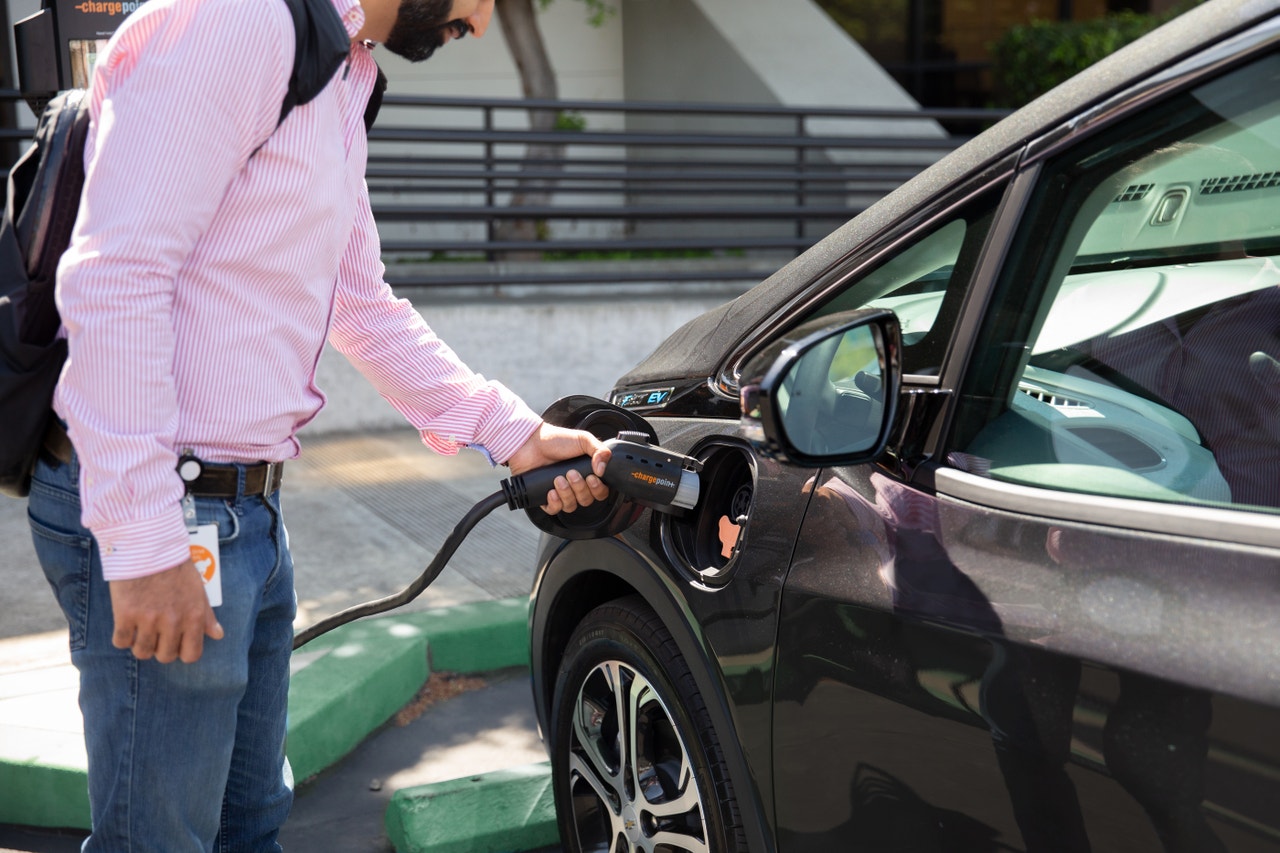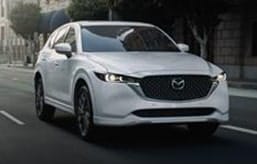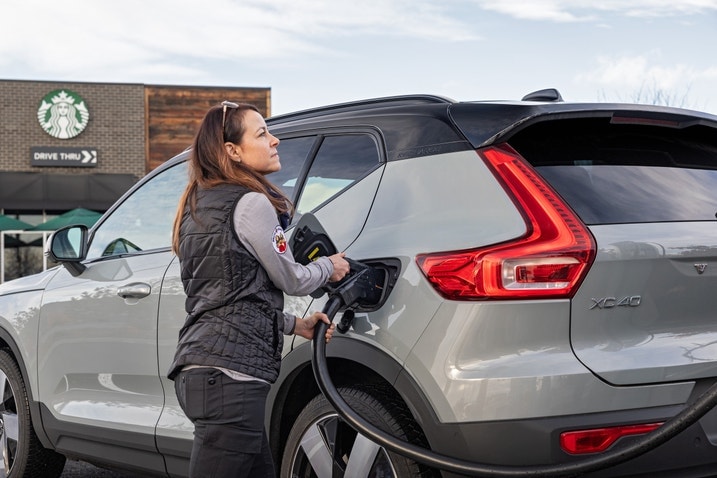- The Biden administration awarded $623 million in grant money for EV charging and alternative fueling stations.
- 70% of the funding is earmarked for disadvantaged communities to shore up access to EV charging.
- Within the overall funding, $70 million is going to Texas to build a hydrogen corridor to Southern California.
Biden Administration Announces $623 Million in Funding to Build Up EV and Hydrogen Infrastructure
The funding will support projects in 22 states and Puerto Rico
There are a number of reasons why you might not consider an electric vehicle for your next purchase, but the Biden administration is looking to curb one of the most significant barriers to adoption: a charging infrastructure that is scattered and not always reliable. The government announced Thursday that $625 million in grants will be set aside to fund the construction of 500,000 chargers by 2030, giving EV drivers a better chance of connecting the dots from point to point across the country. Last year, the Department of Energy estimated there were just above 140,000 public charging points in service by the end of the first quarter of 2023.
Am I Ready for an EV?
- EV ownership works best if you can charge at home (240V outlet)
- Adding a home charging system is estimated to cost $1,616 in
- Edmunds is partnering with Treehouse, an independent provider of home EV installation services. Learn more about the installation services partnership
“Under President Biden’s leadership, EV sales have more than quadrupled, the number of publicly available charging ports has grown by nearly 70 percent, and more than 4 million EVs are now on the road,” said the Department of Transportation.
The Bipartisan Infrastructure Law’s $2.5 billion Charging and Fueling Infrastructure Discretionary Grant Program is funding the grants, which will cover 47 EV charging and alternative-fueling infrastructure projects in 22 states and Puerto Rico. Also included in the $2.5 billion is $311 million awarded by the Federal Highway Administration to 36 projects. Two of those will go to tribes in Alaska and Arizona.
Another key metric is the $70 million headed for the North Central Texas Council of Governments. There's a heavy transport corridor between Houston, Austin, San Antonio and Dallas-Fort Worth; this funding is earmarked to build five hydrogen fueling stations to streamline hydrogen-powered trucks coming to and from Southern California.
Overall, more than 70% of the funding announced will support projects in disadvantaged communities, where EV chargers are often difficult to find. For example, $10 million is going to the New Jersey Department of Environmental Protection to build EV charging stations at multi-family housing in disadvantaged and rural communities.
Another $1.4 million was awarded to the Chilkoot Indian Association in Haines, Alaska, where no public EV charging stations are available. Building more infrastructure could boost opportunities for drivers who want EVs but don’t have a private garage, the administration hopes.
Edmunds says
Unspoken but still relevant is the question of whether EV charging companies can do a better job of maintaining and improving uptime for existing and new ports.




 by
by